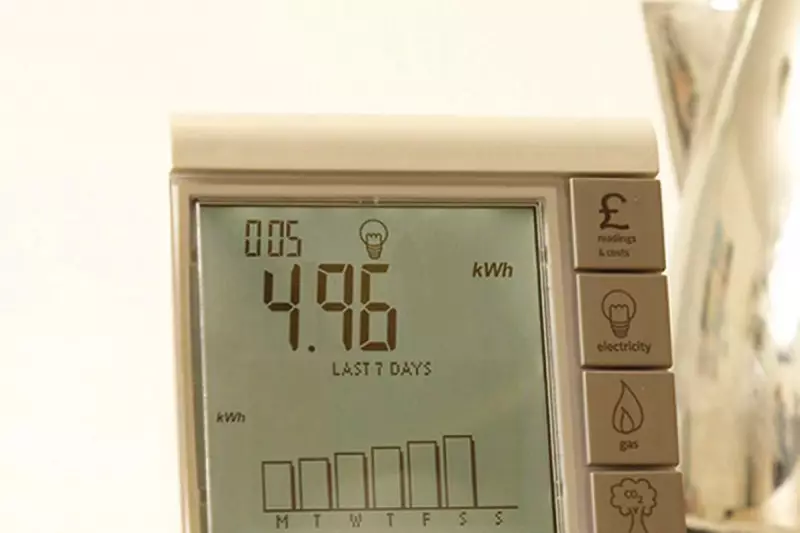
In a move that could reshape how millions of Britons pay for energy, regulator Ofgem has unveiled plans to abolish standing charges on energy bills. The controversial fixed daily fees – currently adding up to £300 annually – may soon disappear under the new proposals.
What's Changing?
The current system sees households pay two separate charges:
- A daily standing charge (around 60p for electricity and 30p for gas)
- Unit rates for actual energy used
Ofgem's consultation paper suggests moving to a fully variable rate system where consumers would only pay for the energy they consume. Energy experts estimate this could save typical households between £50-£100 per year.
Why Now?
The proposed changes come after mounting pressure from consumer champions like Martin Lewis, who has long criticised standing charges as "unfair" penalising low-energy users. With the energy price cap currently set at £1,690 annually, every potential saving matters for struggling households.
Potential Impacts
While the plans promise savings for many, some warn of unintended consequences:
- Higher unit rates to compensate for lost standing charge revenue
- Possible disadvantages for larger households
- Challenges for prepayment meter customers
Ofgem insists any changes would be carefully balanced to protect vulnerable consumers. The consultation runs until June 2024, with potential implementation in 2025.





